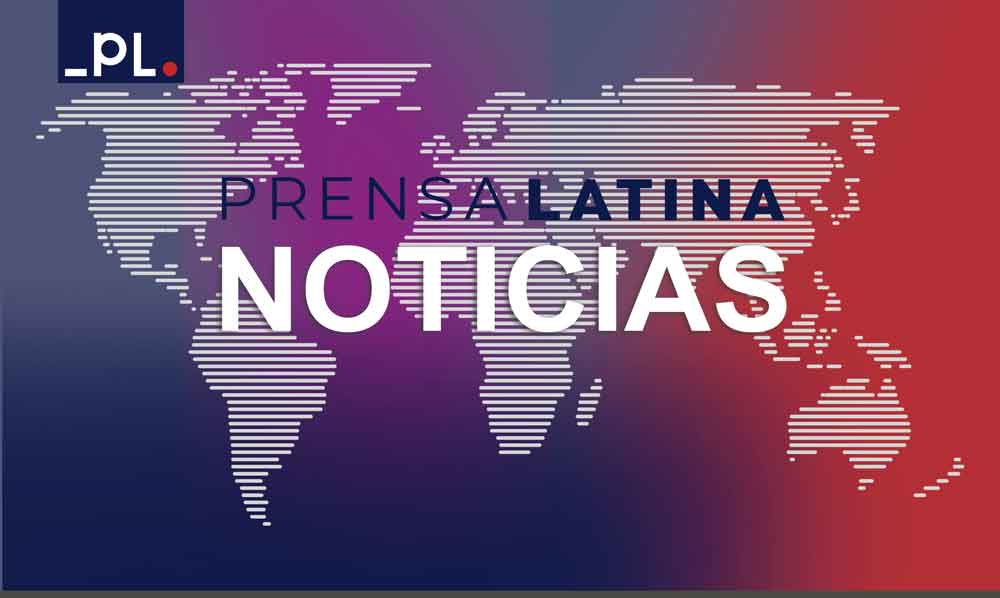These programs help to ensure the realization of the right of girls and boys to education, regardless of their ethnicity, disability or geographic origin, said a statement at the presentation of a desk donation in three educational centers in the communities of Upala : Mexico, Bijagua and Aguas Claras, on the border with Nicaragua.
“This is part of the strategy we are working with Unicef to ensure that girls and boys have safe spaces and the environment they need to learn better,” said the Deputy Administration Minister at the Ministry of Public Education (MEP). , Sofia Ramirez.
“Here there are no differences between boys and girls born in Costa Rica, Nicaragua or any other country because education is a universal right and today we guarantee it with the support of Unicef,” he added.
This delivery of desks is just one of the actions that we are carrying out together with the MEP to increase the quality and dignity of education and ensure that children enjoy learning without neglecting that they are in a difficult context, because this is a They are in the migration zone and thanks to the Costa Rican state, they also received education, he said.
This is essential for the organization as education is the main engine of development. “What we are witnessing today in Upala is an excellent example of what cooperation between states, international organizations and donors can achieve,” commented Javier Martos Mota, UNICEF’s interim officer in Costa Rica.
Thanks to the alliance between MEP and Unicef the symbolic handover of the desks at the Rafael Ángel Sánchez Arrieta school in Upala, Mexico, took place in front of students, community leaders and education authorities.
According to José Inés López, director of this educational center, of the 270 students in total, 27 percent have a special geographic or migratory situation from the border areas, for example 50 are Costa Rican students who live in Nicaraguan cities due to their economic or family situation and another 25 percent are born in Nicaragua and were able to opt for migration legalization to continue their studies in Costa Rica.
red/alb

